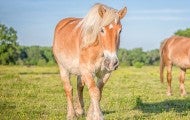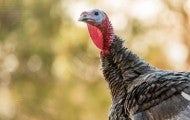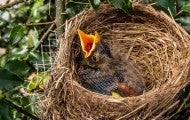Showing 10 of 10 results
WASHINGTON - The Humane Society of the United States released today the results of a disturbing undercover investigation into two wildlife killing contests in Frederick County and in Waldorf, Maryland. Investigators documented the judging portions of the events, with participants lining up rows of...
Today, veterinarians and 18 organizations, led by the Humane Society of the United States, submitted a petition to the Illinois Department of Natural Resources requesting that the agency initiate rulemaking to prohibit cruel, unnecessary wildlife killing contests in the state. At least 20 killing...







